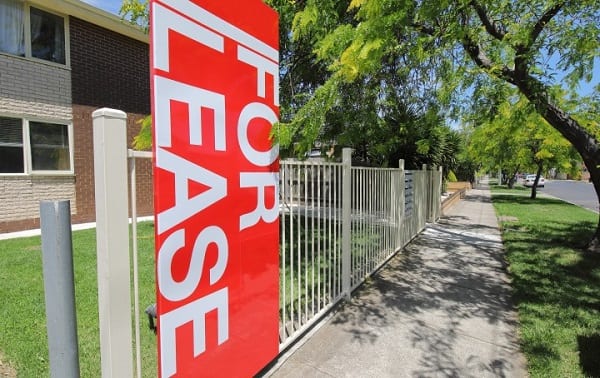How is COVID-19 affecting tax deductions for rental property owners?

ATO guidance
Rental property owners, along with the rest of the economy, have taken a hit to their bottom line.
In this uncertain time, the ATO has provided some guidance on the deductibility of rental property expenses in various situations such as tenants paying reduced rent or the suspension of rent.
For owners of short-term accommodation, the ATO notes that the situation may be more complicated due to changes in use such as increased private use and apportionment of expense deductions would depend on individual circumstances.
The COVID-19 pandemic’s knock-on effect on the economy has meant that many landlords are feeling the strain as their tenants seek to delay paying rent or reducing rent in response to job loss. To reduce the uncertainty for landlords, the ATO has provided some guidance on the deductibility of certain expenses in various situations including guidance for those that own short-term accommodation.
Tenant not paying full rent
First, to the most common scenario, the tenant not paying full rent or have temporary suspended paying rent with or without the consent of the landlords. According to the ATO, in those circumstances, where a landlord continues to incur normal expenses on the property, those expenses can be claimed in the tax return.
In cases where the landlord voluntarily provides a reduction in rent to tenants who have been affected by COVID-19 to enable them to stay in the property, the rental property expenses deduction allowable will similarly not be reduced. Which means that the full amount of deduction can be claimed.
Payment of rental arrears
If, due to economic recovery, the tenants are able to pay back the rent in arrears, whether it be the full amount or a partial amount, the ATO notes that these amounts will be considered to be income in the year that your received it. The same treatment will apply to any amount of insurance received for lost rent (i.e. it should be declared as income in the year of receipt).
Loan payment deferrals
Where a tenant is not paying rent or paying reduced rent, it is highly likely that the landlord will be taking advantage of loan payment deferrals offered by most banks. By far the most common deferral option offered is a 6-month deferral period where no repayments are required, however, during this time, interest and fees will be added to the loan balance and the balance will progressively increase.
As the interest continues to accumulate on the loan, landlords that take advantage of this option will still be able to claim an interest deduction as the interest has been incurred even though it has not been paid.
For owners of short-term accommodation
According to the ATO, landlords with short-term accommodation need to be especially careful during this period. With COVID-19 adversely affecting demand, if there has been a change in the proportion of use (i.e. more private use of property), there may be corresponding changes in the proportion of deductions that can be claimed.
For example, if due to the decrease in demand, you, your family or friends start using the property more for isolating or other private purposes (e.g. holidays etc.), then the proportion of expenses you’re entitled to deduct for the property will change from what it was pre-COVID-19. This also applies if you decide to permanently stop renting out your property once the COVID-19 restrictions end.
Therefore, those short-term accommodation owners that want to maximise their property deductions need to be careful that they don’t start using the property in a different way than before COVID-19. Otherwise, reduced property deductions may apply.
Advertising
Further, owners that would like to stop or reduce the amount spent on advertising short-term property during COVID-19 due to the drop in demand, need to be careful as it may affect the proportion of deductions that can be claimed. Whilst the ATO acknowledges that it may be a reasonable commercial decision to temporarily reduce the level of paid advertising, this, combined with other factors may change the allowable proportion of deductions.
What to do now?
During this difficult period, the last thing landlords need is to be confused about what expenses can be deducted.
While the ATO has provided some broad guidance, depending on your personal circumstances (particularly if you own short-term accommodation), the answer is not always going to be clear cut.
If you need help, we’re here to assist and advise you.
For expert advice and assistance in dealing with your Personal Property Tax in Australia, please contact Mathews Tax Lawyers on 1800 685 829
Disclaimer: The information on this page is for general information purposes only and is not specific to any particular person or situation. There are many factors that may affect your particular circumstances. We advise that you contact Mathews Tax Lawyers before making any decisions.
